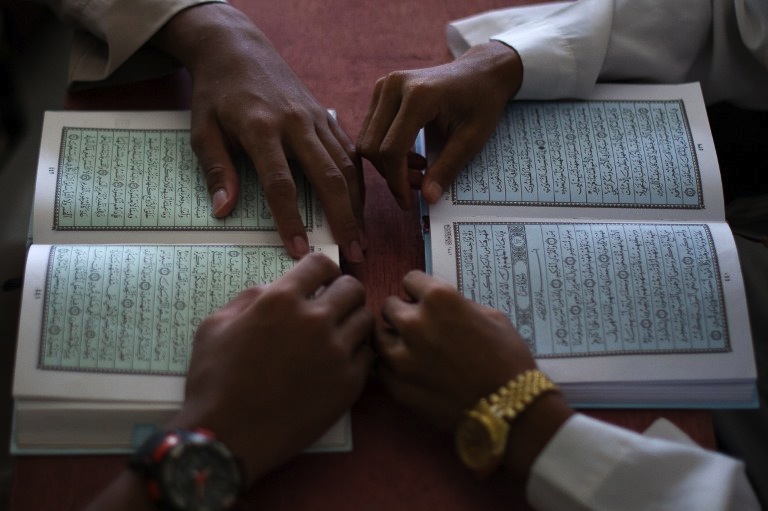KUALA LUMPUR, Sept 12 — The definition of Islam according to the Federal Constitution should be left broad and not confined to any one interpretation for the sake of a peaceful co-existence, the Human Rights Commission of Malaysia (Suhakam) said today.
Its commissioner Datuk Seri Mohd Hishamudin Md Yunus said Article 3 of the Constitution establishes Islam as the religion of the federation, but does not provide any specify anything beyond that, including denomination or school of jurisprudence.
“It does not say whether it should be Sunni Islam, and if so which mazhab (school of jurisprudence).
“So in my personal view it should not be confined to Sunni Islam, especially in relation to the Sunni-Shiah divide,” Hishamudin, a former Court of Appeal judge, said during Suhakam's 20th anniversary forum at Istana Hotel.
In Malaysia, only the Sunni denomination of Islam and its Shafie school of jurisprudence are considered official by Putrajaya.
Other minority denominations such as Shiah and Ahmadi, and also the so-called “liberal Islam”, are considered deviants.
As the constitutional definition of Islam is broad, he said it would be best interperted in the spirit of the Amman Message, which was issued in 2004.
“At the time we had a large delegation headed by then prime minister Tun Abdullah Ahmad Badawi, and he endorsed it.
“If you look at the message, it tries to reconcile all the various sects in Islam. We should not go to the extent of saying my Islam is better than yours, or that you are a heretic. Instead let us all recognise one another,” Hishamudin said.
The Message is a statement pleading for the Muslim world to practice tolerance and unite with each other, issued by King Abdullah II of Jordan. It was subsequently endorsed by over 200 Islamic scholars from over 50 nations worldwide.
However he also acknowledged that as long as the constitutional definition of Islam remains broad, issues such as the recent raids by the Selangor Islamic Religious Department at a Shiah event in Gombak on Saturday will continue into the future.
“This is unless somebody decides to challenge the definition, and manages to bring it up all the way to the Federal Court.
“Although Islamic issues fall under the purview of the state governments, it is possible to bring it to the Federal Court, since the right to exercise one's religion falls under the Constitution,” Hishamudin said.
In so exerting this right, the challenge is not brought to the Sharia Court but the Civil or High Court instead, leading up to the Federal Court. The commissioner also noted that up until today, the constitutional definition of Islam has not yet been challenged in court.
“Again, in my personal point of view, the Shiah raids must stop. As long as they practice Islam in peace and follow the law of not spreading their teachings to other Muslims, there should be peaceful co-existence.
“The Message recognised the Shiah Ja'fari and Zaydi mazhabs as valid, so why should not our state authorities also recognise it as such,” Hishamudin said.



















